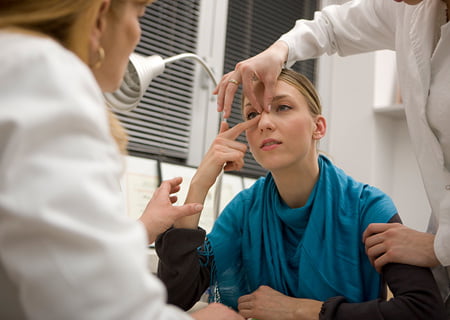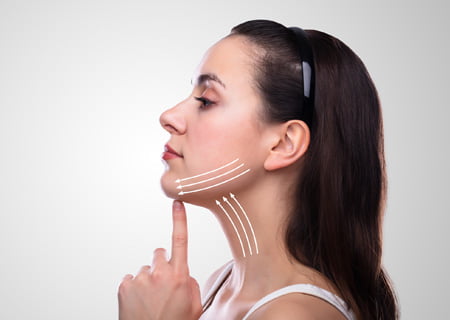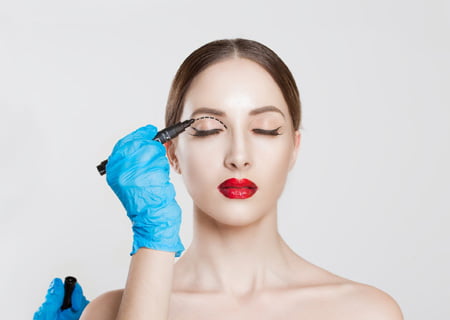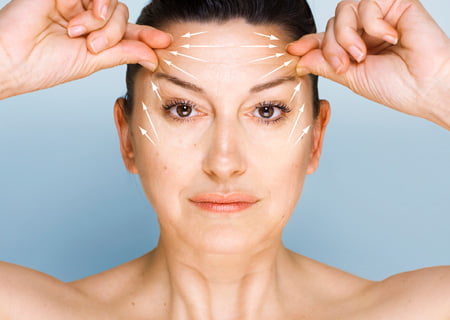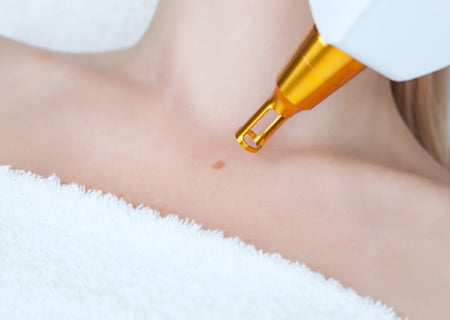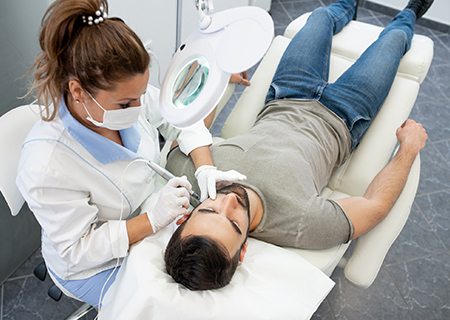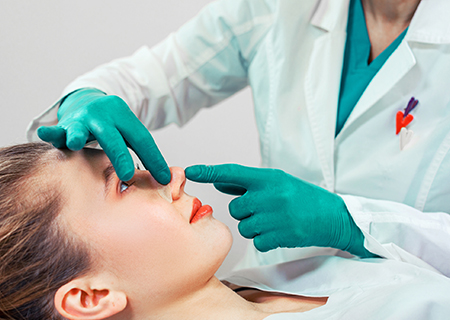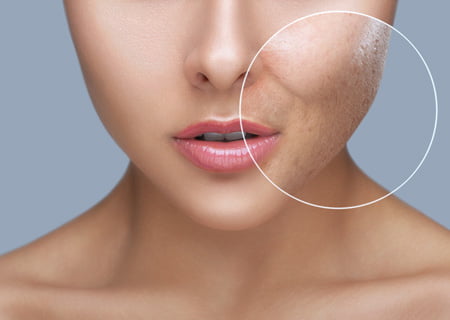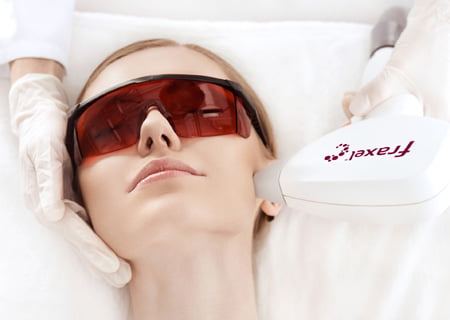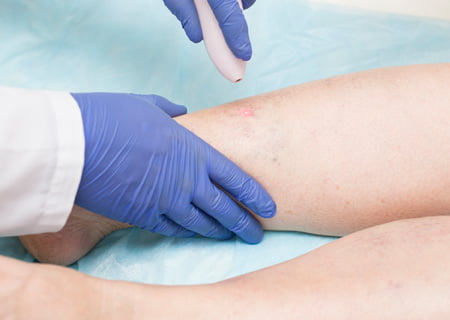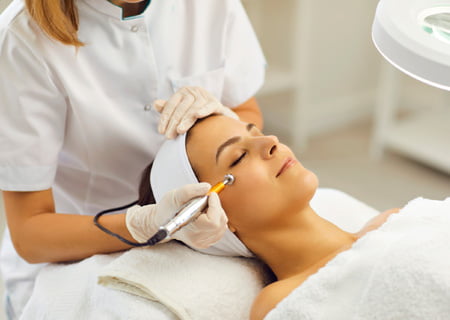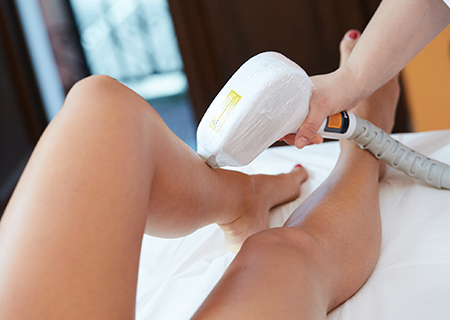The Dos and Dont’s of Blepharoplasty
Are your sagging eyelids making you look older than you feel? Are you tired of dealing with puffiness and bags under your eyes? If so, blepharoplasty might be the solution you've been looking for.
If you are a sufferer of droopy eyelids, sagging skin, or deformities around the eyes that make you feel insecure about your appearance, it might be time to consider a blepharoplasty (eyelid lift): a cosmetic procedure that rejuvenates the appearance of your eyes.
A blepharoplasty can typically be performed on your upper eyelids, lower eyelids, or both, depending on your individual needs and goals. The surgery involves the removal of excess skin, fat, and muscle, all of which contribute to drooping eyelids, under-eye bags, and a tired, aged appearance.
Before committing to your blepharoplasty, it’s essential to consult with an experienced cosmetic surgeon to find out if you’re a proper candidate, along with what type of blepharoplasty you need (upper, lower eyelid or both) and what you can expect from the procedure.
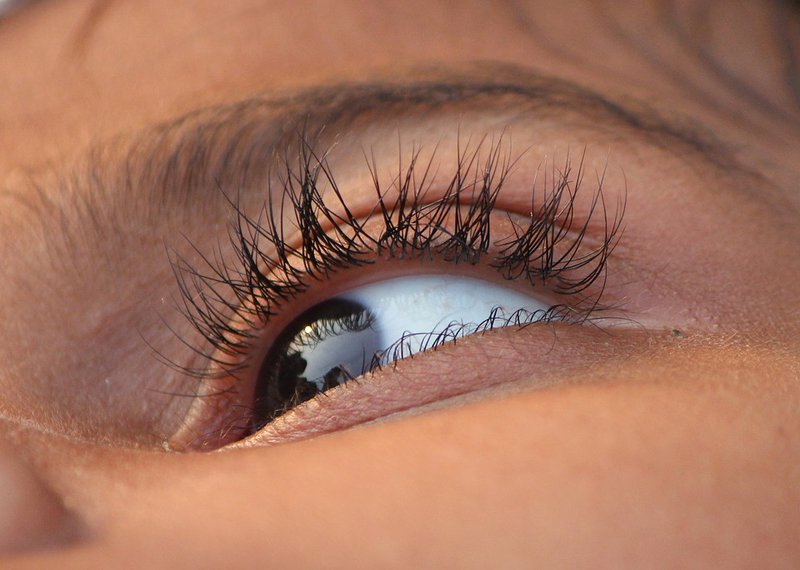
Preparing for Your Blepharoplasty
Before undergoing your blepharoplasty, it’s essential to be well-prepared in order to ensure your best chance of a successful and smooth recovery. If you are a smoker, it’s important to stop smoking in preparation for the procedure; you must also avoid taking aspirin and any anti-inflammatory drugs (including herbal supplements) before your procedure, as they may increase your risk of bleeding and bruising.
It’s a good idea to keep the following DOs and DON’Ts in mind before your surgery:
DOs
- Consult with a Qualified Surgeon: Begin by scheduling a consultation with a board-certified and experienced facial plastic surgeon. They will evaluate your specific concerns, discuss your expectations, and determine if you are a suitable candidate for the procedure.
- Understand the Procedure: Educate yourself about the blepharoplasty process. Ask your surgeon questions about the surgery, potential risks, and expected outcomes.
- Follow Preoperative Instructions: Your surgeon will provide you with preoperative guidelines to follow. These might include refraining from certain medications, stopping smoking, or avoiding alcohol in the days leading up to the surgery.
- Arrange for Postoperative Support: Ensure you have someone to drive you home after the procedure and help with daily tasks during the initial recovery period.
DON’Ts
- Don't Rush Your Decision: Take your time in deciding whether blepharoplasty is right for you. Never rush into surgery without careful consideration and consultation with a professional.
- Don't Expect Instant Results: While blepharoplasty can significantly enhance your appearance, the final results may take several weeks or months to fully manifest. Be patient during the healing process.
What to Expect During and After Your Procedure
On the day of your blepharoplasty, you'll be taken into the operating room, where your surgeon will administer anesthesia to ensure your comfort throughout the surgery. This procedure typically takes one to three hours, depending on the extent of your needs.
For upper eyelid surgery, incisions are made in the natural creases of your eyelids, making the resulting scars inconspicuous. For lower eyelid surgery, these incisions are usually made just below the lash line or inside the eyelid, eliminating visible scarring.
Following your procedure, you may experience some mild discomfort, swelling, and bruising around your eyes. In order to address this discomfort, Dr. Zakhary will prescribe pain medication and provide instructions on how to care for your eyes during your initial healing period. It's essential to follow these guidelines diligently to ensure optimal results.
Recovery and Aftercare
The recovery period after blepharoplasty varies from person to person, but most people can return to work and resume their normal activities within a week or two. However, it's crucial to avoid strenuous activities, heavy lifting, and activities that could potentially strain your eyes for several weeks after your surgery.
As this is an outpatient procedure, you can expect to initially spend some time in recovery room where you will be monitored until your doctor releases you to finish your recovery at home. It’s also a good idea to have someone there to help you once you’re home the night of your procedure, as you may temporarily experience the following after your procedure:
- Blurred vision, possible double vision and watery eyes
- Sensitivity to light
- Bruising around the eyes
- Some pain and discomfort in the area
In order to promote a smooth recovery, follow these aftercare DOs and DON’Ts:
DOs
- Use Ice Packs and Cold Compresses: On the first day of your recovery, you will want to apply an ice pack to the area every five to ten minutes to bring down the swelling and ease discomfort. Acetominophen and Ibuprofen can be taken to ease pain during this time.
- Keep Your Head Elevated: Sleep with your head elevated for the first few nights after surgery to minimize swelling.
- Protect Your Eyes from the Sun: Wear sunglasses when you go outside to shield your eyes from the sun's harmful rays.
- Attend Follow-Up Appointments: Attend all scheduled follow-up appointments with Dr. Zakhary in order to monitor your progress and address any concerns.
DON’Ts
- Don’t Strain Your Eyes: Refrain from reading, watching TV, or using electronic devices for prolonged periods during the initial recovery phase.
- Don’t Irritate Your Eyes: Don’t rub your eyes or attempt to go swimming, work out vigorously, or lift heavy objects, and do not attempt to wear contact lenses for the first few weeks after your surgery. Your doctor will tell you when it is okay.
- Don’t Smoke or Take Bloodthinning Medication: As with your pre-op instructions, you shouldn’t smoke or use any medications that contain aspirin or naproxen, as they can increase bleeding and bruising.
Dr. Kristina Zakhary: Your Trusted Blepharoplasty Expert in Calgary
If you're considering a blepharoplasty and are based in Calgary, there's no one better to trust with your eye rejuvenation journey than Dr. Kristina Zakhary. As a leading Otolaryngology Head & Neck Surgeon with special focus in Facial Plastic and Reconstructive Surgeon in Calgary, Dr. Zakhary brings a wealth of experience and expertise to every facial plastic surgery procedure she performs.
As with any surgery - but especially a plastic surgery procedure on your face – it’s important to practice your due diligence in ensuring you have found the best doctor in Calgary on hand. That’s where Dr. Kristina Zakhary comes in – as an expert in her field and having performed over 5,000 successful cosmetic facelift procedures, don’t trust your face to just anyone: trust it to the best!
When entrusting your eyes to a skilled and compassionate surgeon like Dr. Kristina Zakhary, you can rest assured that you're in the best hands possible. Don't wait any longer to achieve the youthful and vibrant eyes you deserve – schedule your consultation today and take the first step towards a more confident and radiant you.
